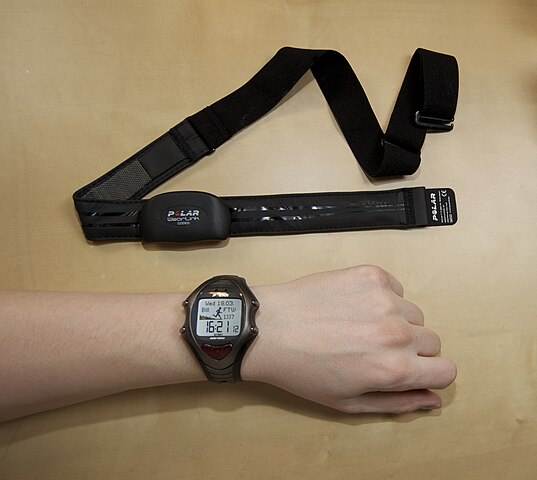
Technology Is Redefining Old Age
With access to better food and health care, people are increasingly living longer; the global average life expectancy in 2024 is 73 – over double the number from 1900. Technology is playing a large part in future life expectancy and later quality of life, with healthcare innovations such as personalised medicine and digital robots shaping the future and challenging the perceptions of what it is to become old.
Health Monitoring
Wearable technology has become extremely fashionable as people become conscious of adopting healthier lifestyles. Older generations are becoming more digitally savvy and are taking advantage of such devices to measure their vital signs such as heart rate and blood pressure. Many devices are now available with a personal emergency response systems (PERS) which enable the user to send an alert to a primary caregiver or emergency services; some can also detect falls and accidents.
These devices act as a useful remote monitoring system and were hugely popular during the COVID-19 pandemic. They enable less hospital trips and caregiver visits as health vitals can be remotely tracked. Online services have also allowed older generations to become more independent with the convenience of digital health record access and medical appointment scheduling.
Personalised Health And Wellness
AI and personalised medicine are making impactful changes to the quality of life in older individuals by offering personalised diets, exercise routines and medications. Using advanced software, genetic information and lifestyle factors can be considered to make specific recommendations for more effective treatments that have fewer side effects. Big data can use statistics from the general population to help to identify patterns and trends that predict illnesses before they arise.
Improved Accessibility And Independence
As older individuals become less physically able, home technology such as voice assistants and smart home hubs will play a part in everyday life such as operating lights and curtains or ordering shopping and medications. Mobility aids such as smart walkers and wheelchairs are becoming equipped with enhanced stability, stairclimbing capabilities and posture management features, enabling added comfort and accessibility.
Robotic aids for the elderly are also becoming popular to help maintain a sense of independence and improved quality of life. Loneliness is an increasing factor amongst the older generation. Human robotic companions can provide social interaction and emotional support that help increase mental health and wellbeing while service assistant robots can help ease physical tasks such as loading the dishwasher and preparing food and drinks.
If you are interested in studying Biology or Human Biology, Oxford Open Learning offer the chance to do so at several levels, listed below. You can also Contact Us.